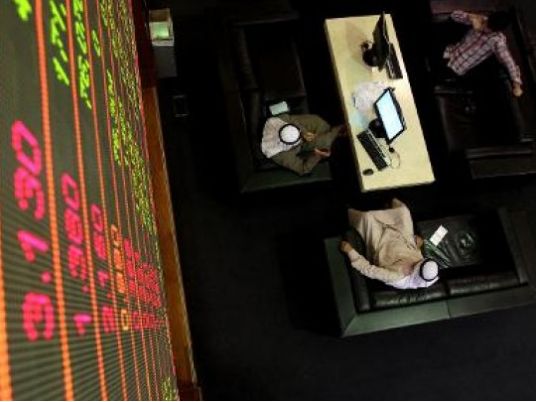
Gulf stock markets may consolidate on Thursday because of worries about the impact of low oil prices on economies, while the appointment of a new central bank governor in Egypt could be seen as positive by investors there.
Saudi Arabia's index sank 2.7 percent on Wednesday, pulling down neighboring markets, after the International Monetary Fund said Riyadh was considering a wide range of fiscal reforms – many of which could hurt corporate profits, at least initially – to cope with its budget deficit.
Brent oil sank a further 1.8 percent to $47.85 a barrel on Wednesday, although it has rebounded slightly in Asian morning trade on Thursday.
Meanwhile, shares in Saudi telecommunications firm Etihad Etisalat (Mobily), which have been rebounding strongly from its August low, may be vulnerable after the company swung to a surprise third-quarter loss despite slashing its capital spending.
Rival Zain Saudi fared better, reporting a narrower third-quarter loss that matched analysts' forecasts.
In Egypt, the stock index edged up 0.1 percent on Wednesday in an initial response to news that authorities had named senior banker Tarek Amer, popular in financial circles, to head the central bank from November, replacing Hisham Ramez, whose term ends on Nov. 26.
Ramez has faced increasing criticism for his reluctance to devalue the Egyptian pound; instead he has sought to tame the currency black market by imposing a cap on dollar-denominated bank deposits. That and other measures have angered local businesses starved of foreign currency to pay for imports.
Investors may now hope for a quicker, managed depreciation of the pound combined with an earlier easing of exchange restrictions. Real estate shares could be bought as a hedge against weakness of the pound.

